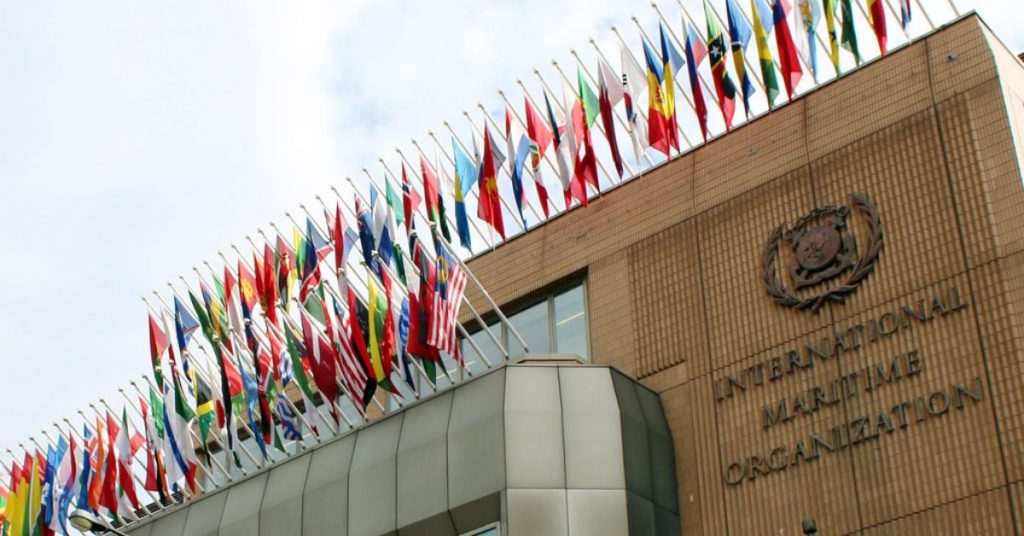The International Maritime Organization (IMO) has released interim guidelines (MSC.1/Circ.1687) for the safety of ships using ammonia as fuel, marking a key step in regulatory support for alternative fuels.
Finalised by the CCC Sub-Committee and approved at the Maritime Safety Committee (MSC) 109, the guidelines provide goal-based provisions, with room for future updates.
The Baltic and International Maritime Council (BIMCO) has actively contributed and continues to support the safe adoption of alternative fuels for sustainable shipping.
The interim guidelines provide a goal and function-based safety framework covering ship design, equipment, operations, bunkering, toxicity mitigation, and crew protection.
While non-mandatory, the guidelines align with the IGF Code and SOLAS principles, providing a consistent reference for ammonia-fuelled projects.
They aim to ensure ammonia-fuelled systems match the safety and reliability of conventional oil engines, addressing ammonia’s hazards like toxicity, explosive risks, and material compatibility.
According to BIMCO, the guidelines encourage early adoption but highlight the need for refinements, particularly in toxicity controls and emergency systems, as operational experience grows.
Recently, the IMO announced that it is developing a comprehensive strategy to leverage emerging technologies and drive efficiency, safety, and sustainability in the shipping industry.
Tags: Ammonia, IMO, Safety, Ships



Recent Posts
Hyundai Glovis to Retrofit Seven PCTCs with Avikus AI Navigation System
Super Terminais orders three more Konecranes Gottwald ESP.10 Mobile Harbor cranes
Covestro and HGK Shipping Extend Partnership to 2040 with Focus on Wind-Assisted Vessel Retrofit
Artemis Technologies Successfully Demonstrates 100 Percent Electric Crew Transfer Vessel at Aberdeen Offshore Wind Farm
IACS Council Advances Decarbonisation, Digitalisation and Governance Priorities at C91 Meeting in Beijing
Japan Launches Major R&D Project to Advance Shipbuilding with Alternative Fuels
EU Adopts Emissions Standards for Low Carbon Hydrogen to Bolster Clean Energy Market
Trafigura to Implement ZeroNorth’s AI Platform Across Global Fleet